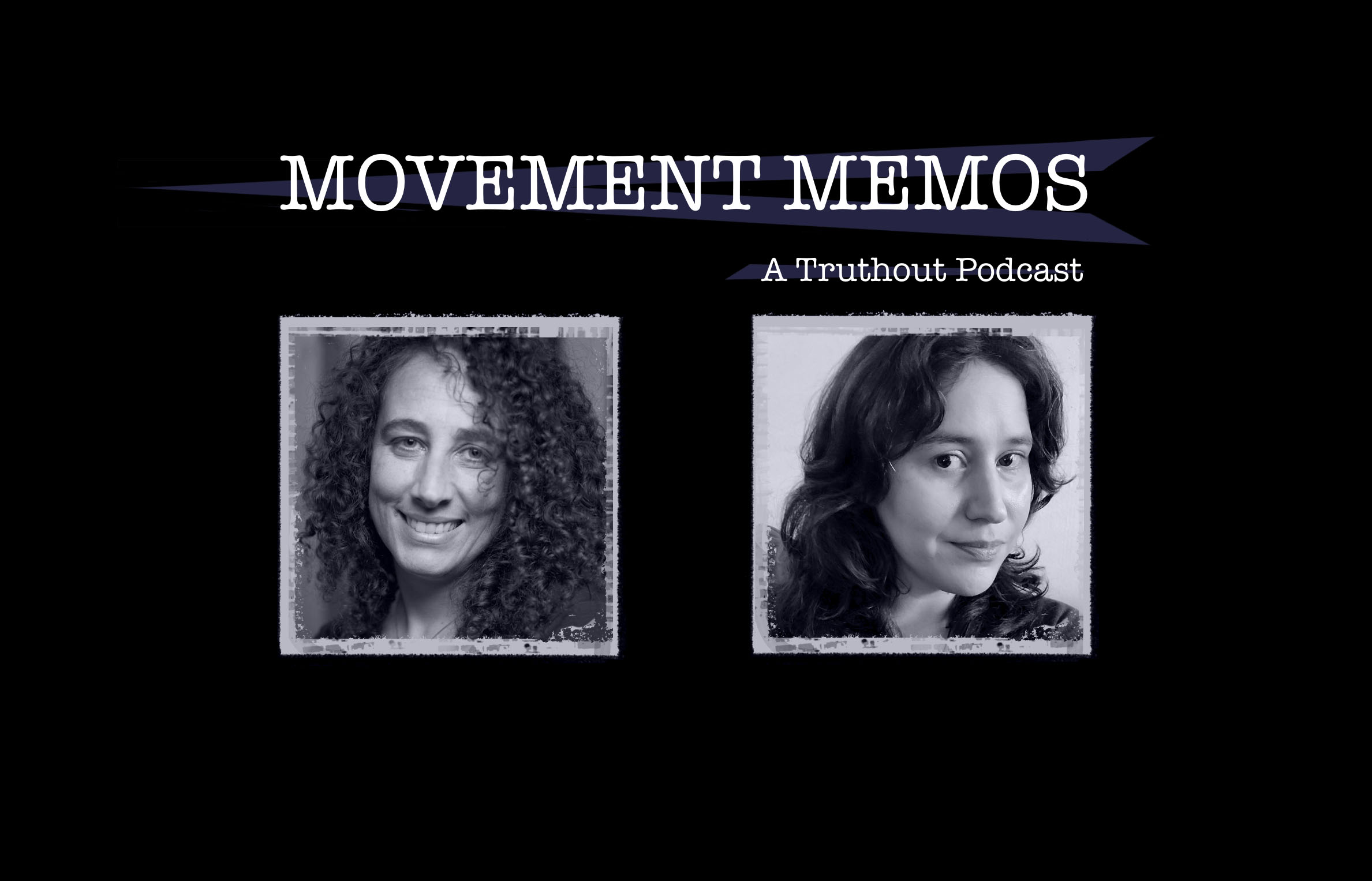
"Criminalization is the default framework people turn to in the United States to restore their sense of order, amid a crisis or emergency, so, when I hear someone suggest something wild, like calling the police on ICE, I understand where they're coming from. But as the Trump administration continues to consolidate power, we need to lose our illusions about the law as a moral instrument. We need more outlaws and less confusion about what the law protects and who it targets."
"Kelly Hayes: Welcome to "Movement Memos," a Truthout podcast about organizing, solidarity, and the work of making change. I'm your host, writer and organizer, Kelly Hayes. Today, we're discussing the role of criminalization in authoritarianism and fascism, and why clinging to the rule of law in this messy moment in history is a catastrophic mistake. We will be hearing from Andrea Ritchie, a co-founder of Interrupting Criminalization and the author and co-author of multiple books, including No More Police, with Mariame Kaba."
Criminalization functions as the default U.S. framework for restoring order during crises and emergencies. People often turn to policing and legal remedies to resolve threats, including calling police on immigration enforcement. Reliance on the rule of law as a moral instrument obscures the law’s role in protecting some populations while targeting others. Authoritarian consolidation demonstrates the limits of legal remedies and the dangers of fetishizing law and order. Building alternatives through solidarity, mutual aid, and organized resistance reduces dependence on criminalization. Increased willingness to break unjust laws and prioritize community care strengthens defenses against authoritarian and fascist consolidation.
Read at Truthout
Unable to calculate read time
Collection
[
|
...
]